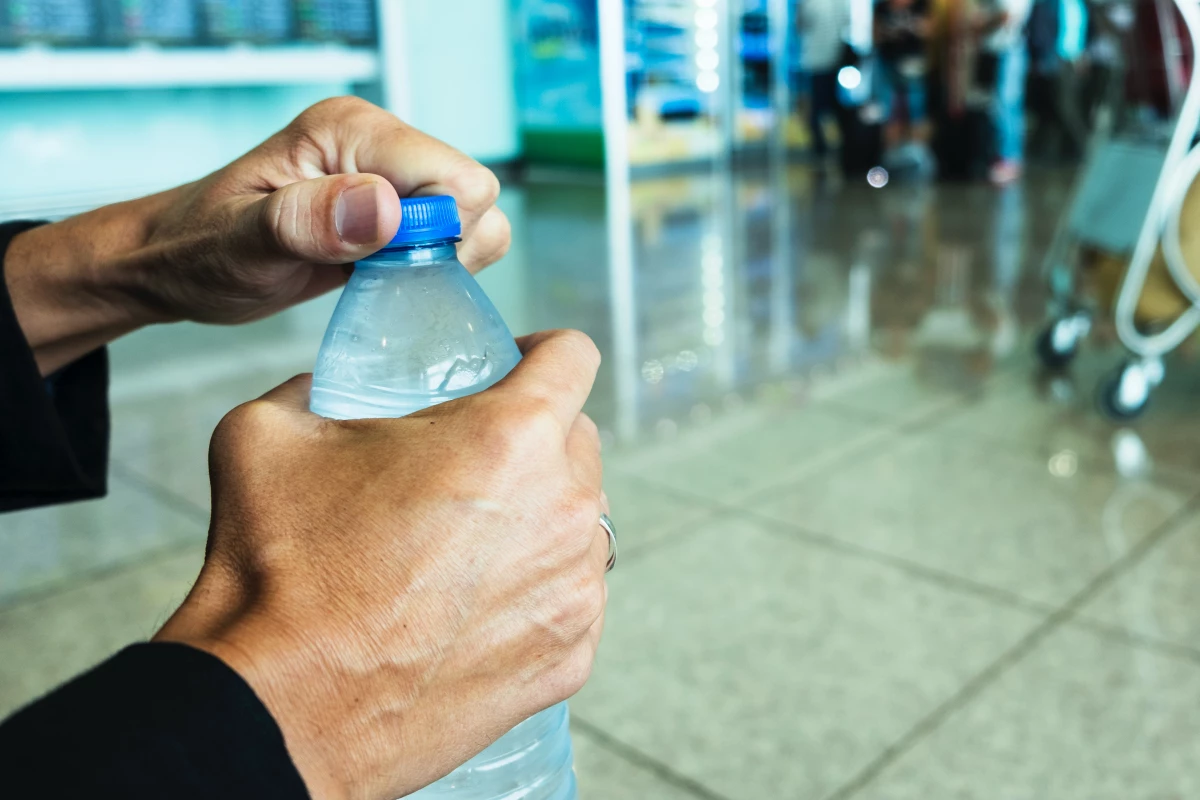Microplastic pollution is a growing problem, as tiny fragments of plastic enter the environment from sources like aging tires, personal care products, and synthetic fabrics. A new study now suggests that even activities such as opening plastic bags may be a contributing factor.
Led by Dr. Cheng Fang, scientists at Australia's University of Newcastle recently performed lab tests in which plastic packaging for chocolates was torn open, plastic sealing tape was cut, and plastic bottle caps were twisted off. Both chemical analysis and microscopy were used to measure the size and amount of sub-5mm plastic particles that were generated in the course of these activities.
The microplastics that were found took the form of fibers, fragments and triangles, ranging in size from nanometers (billionths of a meter) to millimeters. It was estimated that during tape-cutting or cap-twisting, 10 to 30 nanograms (billionths of a gram) of microplastics may be generated per 300 cm (118 in) of plastic. The figure varies, however, based on the opening technique used, and on factors such as the thickness, stiffness and density of the plastic.
While such relatively small amounts may not seem like much on their own, they could certainly add up to being a significant source of pollution. Additionally, it's possible that the particles could prove toxic if ingested by the people performing the activities, although more research needs to be conducted on that front.
A paper on the study was recently published in the journal Scientific Reports.
Source: Scientific Reports via EurekAlert




